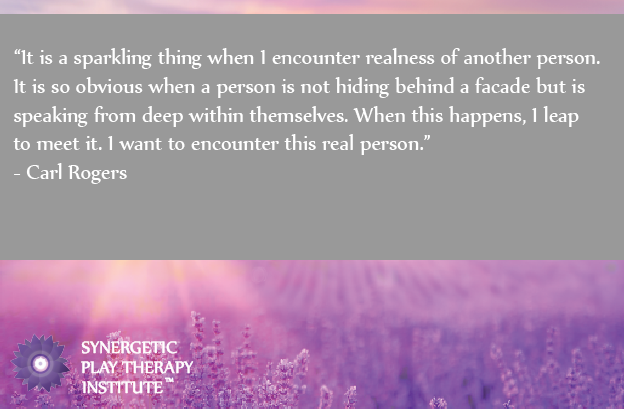Resurrecting Rogers: What Did Carl Rogers Really Want to Say?
Carl Rogers is one of the most influential psychologists in history, but he’s also one of the most misunderstood. Above all, he advocated for acceptance of self so clinicians could help their clients do the same. In this podcast, Lisa takes you right into the words and teachings to help us explore what he truly wanted us to know and some of it just might surprise you.
1:10 Lisa introduces the Lessons from the Playroom series
2:28 Carl Rogers as an influential psychologist
2:43 Why was Carl Rogers misunderstood?
3:15 The person-centered approach
4:15 Unconditional positive regard, empathy, and congruence
4:59 How is unconditional positive regard misunderstood?
5:50 A Way of Being
6:45 Unconditional positive regard doesn’t mean being “nice” or “positive”; it means “acceptance”
7:38 Why must the therapist be non-possessive and without an agenda?
8:30 How is all this a reflection of neuroscience?
9:15 Why must the therapist accept herself?
9:50 Aggression in Play Therapy: A Neurobiological Approach for Integrating Intensity
10:39 Carl Rogers and congruence
12:31 Understanding the shifts in your body so you can attune and know when to regulate
14:00 Why must the therapist be real?
14:30 Incongruence in the environment as one of the four threats of the brain
15:15 The child client knows the truth and knows when the therapist is not being authentic
17:00 Why are we so afraid of being real?
18:07 “If I can’t handle a particular state of emotion within myself, I’m going to assume you can’t handle it either.”
19:22 The first element of relationship is genuineness
19:59 Openly being supports the client’s ability to grow and heal more
21:38 The importance of not hiding
22:00 Are you being congruent as a clinician?






